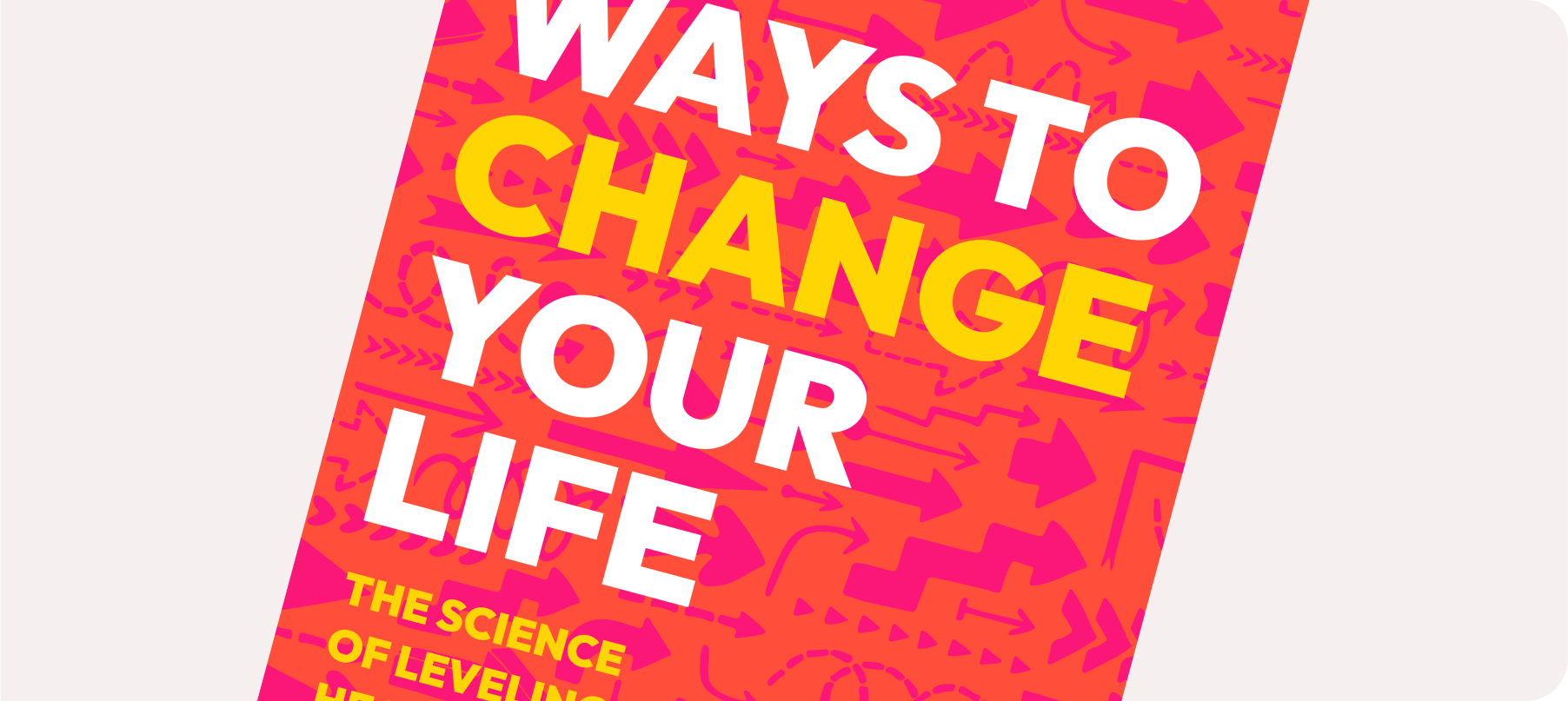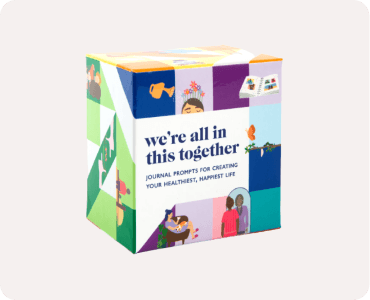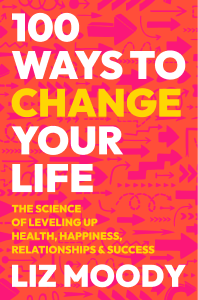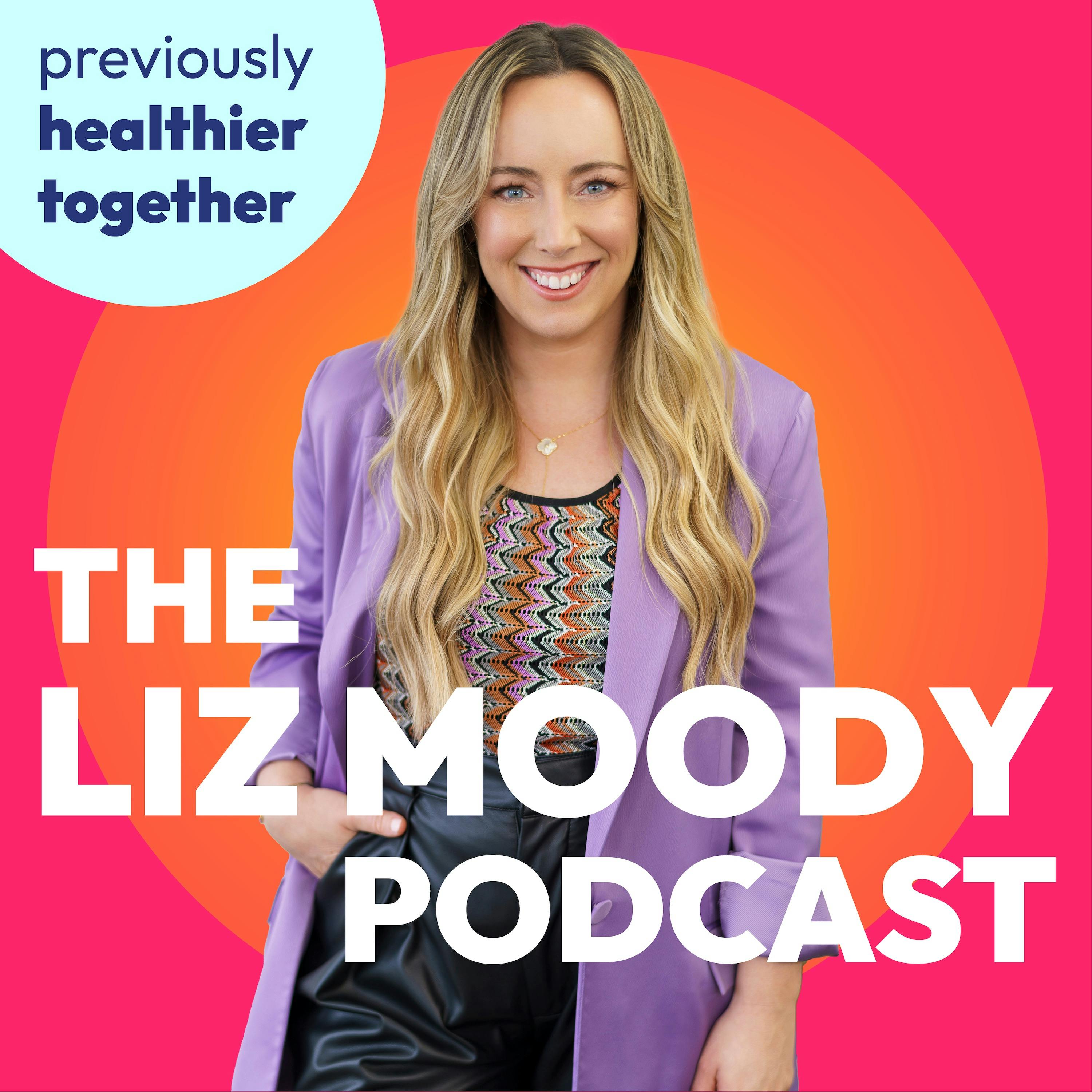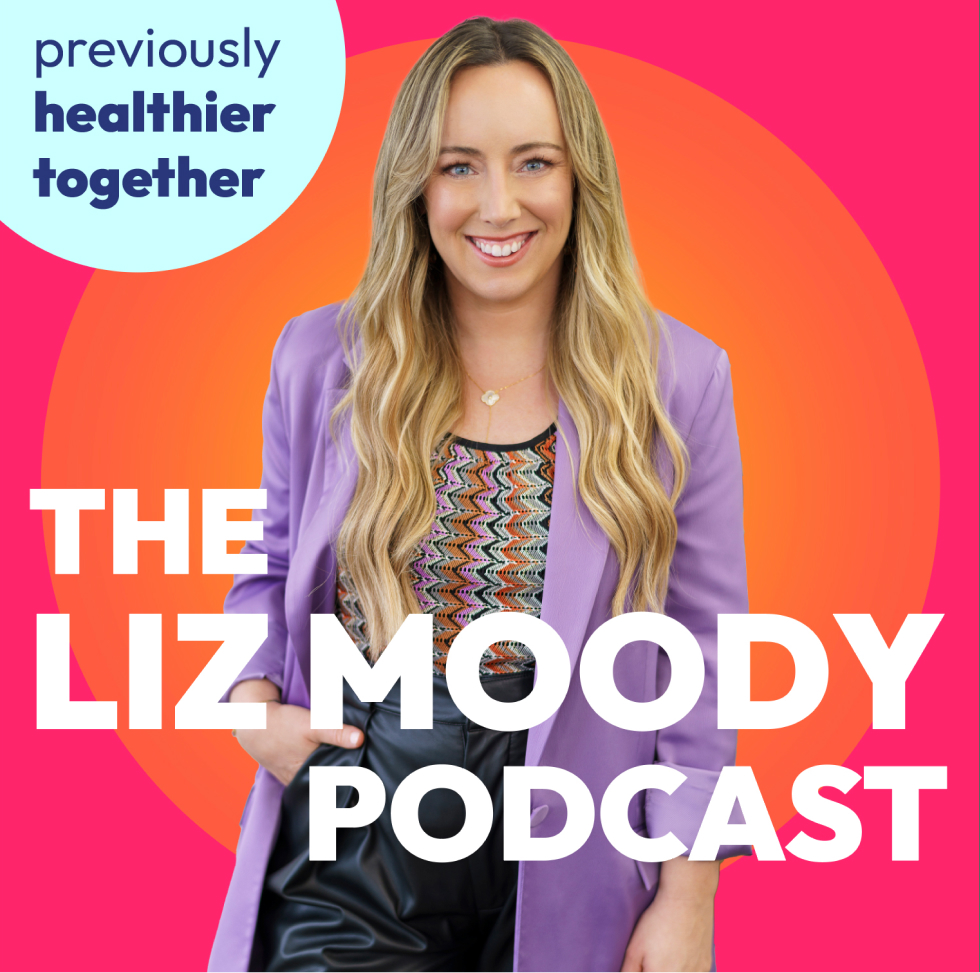Eye doctor’s tips for supporting eye health in adults and children, including screen time recommendations, tips for dry eyes, daily exercises for vision support, and more. Plus the important difference between eyesight and vision.
- the difference between eyesight and vision
- why blue light shouldn’t get as bad of a reputation as it does
- how the 20/20/20 rule can transform your eye health
- a genius way to use your vision to instantly increase creativity
- three quick exercises to do daily for better eye health
- a post-concussion protocol
- exactly how much screen time children should have at each age + how to protect their vision generally
- the two main risk factors for nearsightedness + what to do to prevent it
- easy hacks for preventing dry eyes (+ why eye drops could be doing more harm than good!)
- why you may want to opt for contacts over glasses + the best kind of contacts
- what’s causing itchy eyes, floaters, twitching, & more (+ how to get rid of them!)
- an eye doctor’s honest thoughts on LASIK
- and so much more!
For more from Dr. Appelbaum, find him at his website myvisionfirst.com, on Instagram @drbryceappelbaum, and check out his ScreenFit training program.
To join the Healthier Together Podcast Club Facebook group, go to https://www.facebook.com/groups/healthiertogetherpodcast.
Ready to uplevel every part of your life? Pre-order my new book 100 Ways to Change Your Life: The Science of Leveling Up Health, Happiness, Relationships & Success now!
This episode is sponsored by:
Seed: go to seed.com/lizmoody and use code LIZMOODY for 25% off your first month.
Thrive Market: go to thrivemarket.com/healthiertogether to join Thrive Market today and get 30% off your first order plus a free $60 gift.
LMNT: go to DrinkLMNT.com/Liz a to get a free LMNT sample pack with any order.
Olive and June: visit oliveandjune.com/HEALTHIER20 for 20% off your first Mani System.
Healthier Together cover art by Zack. Healthier Together music by Alex Ruimy.
